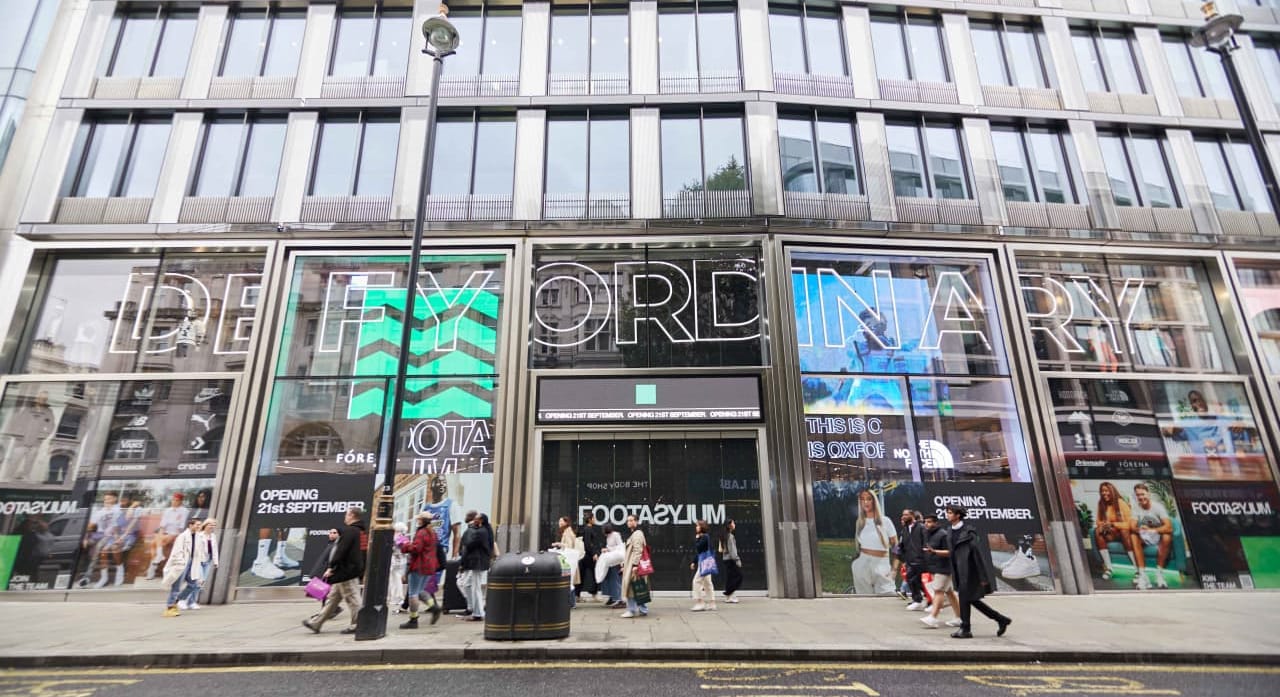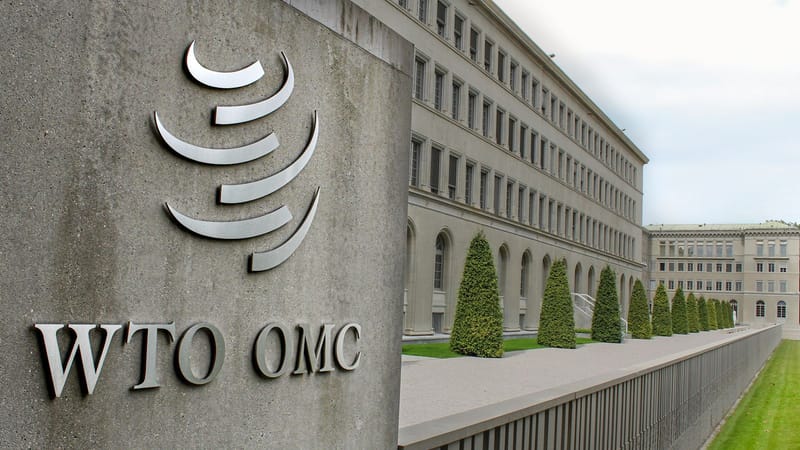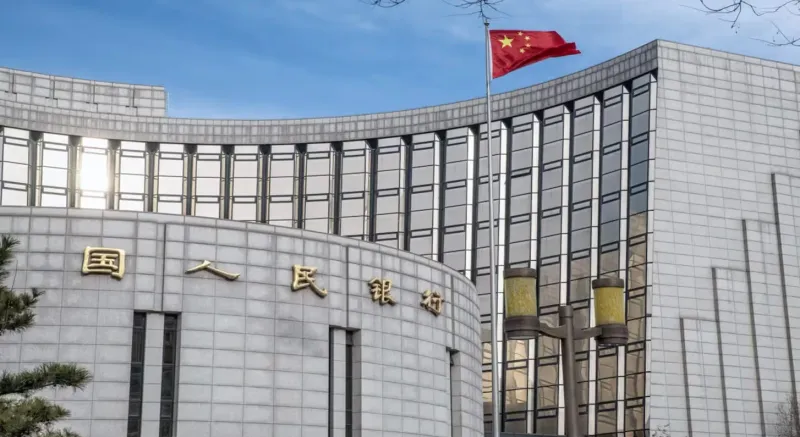Private Equity's Post-Brexit Raid on the British High Street: A Deep Dive
The influx of private equity into the UK has been unprecedented post-Brexit, with firms capitalizing on the economic uncertainty and lower valuations of British companies
The charming British High Street, with its cobbled streets and picturesque storefronts, hides an uncomfortable truth. Behind the quaint facades of well-known brands like Burger King, New Look, and Pizza Express lies a significant shift in ownership. Since Brexit, private equity investors have aggressively acquired numerous high street names, altering the landscape of British retail.
The Rise of Private Equity
The influx of private equity into the UK has been unprecedented post-Brexit, with firms capitalizing on the economic uncertainty and lower valuations of British companies. Between 2016 and 2023, private equity firms spent nearly $200 billion on British acquisitions, a stark contrast to the $81 billion spent in Germany and $36 billion in France.
The Mechanics of Private Equity
Central to private equity’s strategy is the leveraged buyout (LBO), where a firm is purchased primarily with borrowed funds. This method allows investors to acquire large companies while minimizing their own financial risk. However, the debt incurred is often transferred to the company itself, which then must manage the repayments.
High street loses Debenhams to the UK Govt approved private equity pirates. Bought with borrowed money then stripped of assets and loaded with debt to finance lucrative dividend payments, Debenhams never got the investment or update it needed. pic.twitter.com/dslm599fcv
— Phantom Power (@PhantomPower14) January 13, 2021
Case Study: Morrisons
Morrisons, once a family-owned giant and a staple of the UK's top four supermarkets, provides a stark example. In 2021, the American private equity firm Clayton, Dubilier & Rice (CD&R) acquired Morrisons for £7 billion, a substantial increase from its pre-pandemic valuation of £4.5 billion. The acquisition was heavily financed through debt, with Morrisons now bearing a £6.6 billion debt load.
The Impact of Rising Interest Rates
Initially, low interest rates made these leveraged acquisitions feasible. However, as interest rates have risen, so too have the costs of servicing these debts. For Morrisons, this has meant higher interest payments, squeezing its ability to compete on price with discount chains like Aldi and Lidl. Consequently, Morrisons has slipped in market rankings, prompting asset sales, including a £2.5 billion deal for its petrol stations, to manage debt and attempt to lower prices.
Broader Implications
This scenario is not unique to Morrisons. Many private equity-backed businesses on the high street face similar challenges, with 1.9 million people employed directly by these firms and an additional 1.3 million by their suppliers. The strain of rising debt costs risks higher prices for consumers and potential job losses, drawing the concern of politicians and the Bank of England.
Political and Economic Concerns
The increased private equity ownership has sparked debates among UK policymakers. While there is apprehension about the economic stability and the high debt levels associated with these firms, there is also recognition of the vital foreign investment they bring. As the UK prepares for new Labour Party government policies, balancing these interests remains a complex challenge.
The Future of the High Street
The future of the British high street, shaped by private equity investment, remains uncertain. The outcome will likely depend on broader economic trends, regulatory responses, and the ability of these firms to adapt to changing market conditions. As the UK navigates these turbulent times, the impact on its beloved high streets and their millions of workers hangs in the balance.







